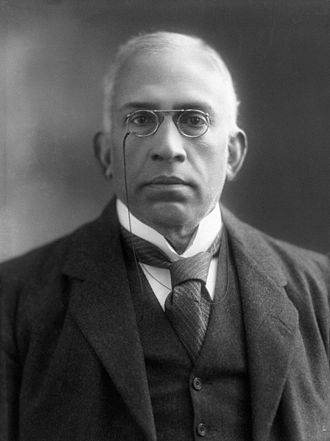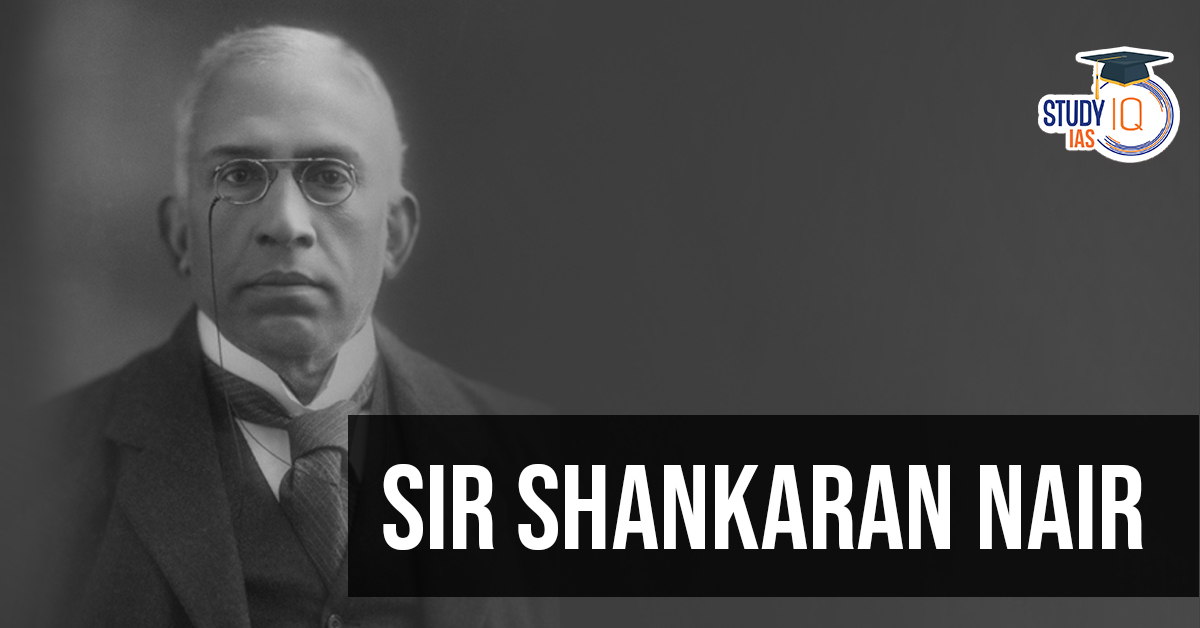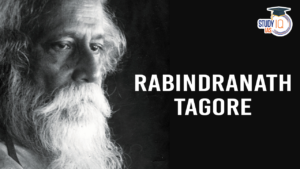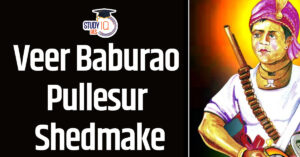Context: On the 106th anniversary of the Jallianwala Bagh massacre (13 April 1919). PM Narendra Modi highlighted Shankarna Nair’s bold legal resistance against the British Empire.
About Shankaran Nair
- Sir Chettur Shankaran Nair (1857–1934) was a prominent Judge, Nationalist leader, & Social reformer.
- He was born in 1857 in Mankara village, Palakkad district (Kerala) in an aristocratic family.
- In 1897, he became the youngest president of the Indian National Congress (Youngest at that time)
- In 1908, he was appointed as a permanent judge of the Madras High Court.
- Sankaran Nair famous judgments:
- Budasna v Fatima (1914), he ruled that those who converted to Hinduism could not be treated as outcastes.
- Sankaran Nair famous judgments:

- He played a key role in the Montagu-Chelmsford Reforms (1919), which increased Indian participation in administration.
- He resigned from the Viceroy’s Council in protest after the Jallianwala Bagh massacre.
- In his book “Gandhi and Anarchy” (1922), he criticised Gandhi’s methods of non-violence and civil disobedience.
- He is most remembered for:
- His strong stand against British colonial atrocities, especially after the Jallianwala Bagh massacre (1919).
- His landmark legal battle against British official Michael O’Dwyer in a defamation case in England.


 Rabindranath Tagore Biography: Life, Ach...
Rabindranath Tagore Biography: Life, Ach...
 Jyotiba Phule Biography, Facts and Socia...
Jyotiba Phule Biography, Facts and Socia...
 Veer Baburao Pullesur Shedmake: The Forg...
Veer Baburao Pullesur Shedmake: The Forg...





















